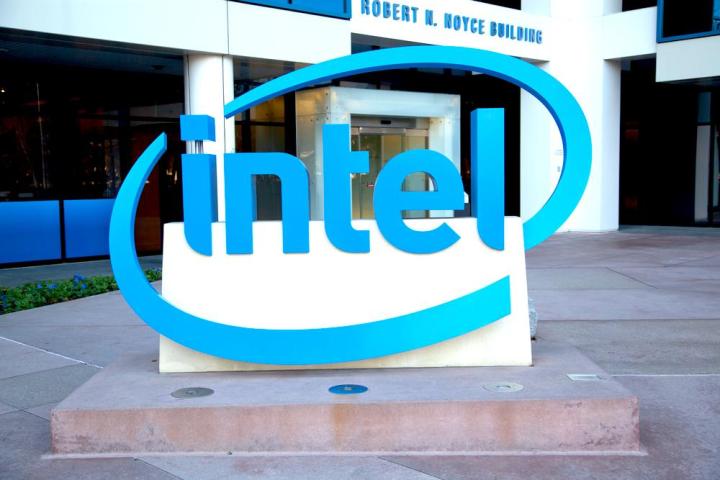
This Monday, Intel announced their newest acquisition; the mobile credential logging application PasswordBox.
The buy marks yet another notch in the company’s belt in a recent string of pickups, one which seems determined to make Intel’s increasingly diverse range of personal and enterprise computing products more adept at keeping customers secure from threats on the open net.
The deal was disclosed on PasswordBox’s official blog. The service works in much the same fashion as LastPass on your desktop. It gives users the ability to input all their various credentials into a centralized app, and log in to any service on the web with the tap of a single button.
The company spoke optimistically about the merger, and promised that the venture would only further bolster their ability to provide a safe and reliable way for customers to manage their passwords on mobile phones, tablets, and desktops.
“We share a common mission – to enrich the lives of our users, and make each user’s online experience as secure and seamless as possible. Now, with the expertise, resources and support of Intel Security behind us, the possibilities of what we can build tomorrow – and how many people’s lives we can positively impact – are extraordinary.”
For now, the PasswordBox app is only supported by the native browsers on Android and iOS (Chrome and Safari, respectively), though we can assume their partnership with Intel Security could work to break down that barrier in the very near future.
While the gritty details of what we can expect from the newfound merger are still a bit hazy, for the time being Intel has offered to upgrade all new and existing customers to PasswordBox’s premium subscription plan 100% free of charge, granting anyone on the service access to a wider range of security features, along with unlimited storage to keep as many passwords safe as their hearts desire.
Editors' Recommendations
- How to change your Outlook password
- How to find passwords on a Mac, MacBook, and Mac Mini
- Hackers are using this incredibly sneaky trick to hide malware
- These embarrassing passwords got celebrities hacked
- Hackers may have stolen the master key to another password manager


